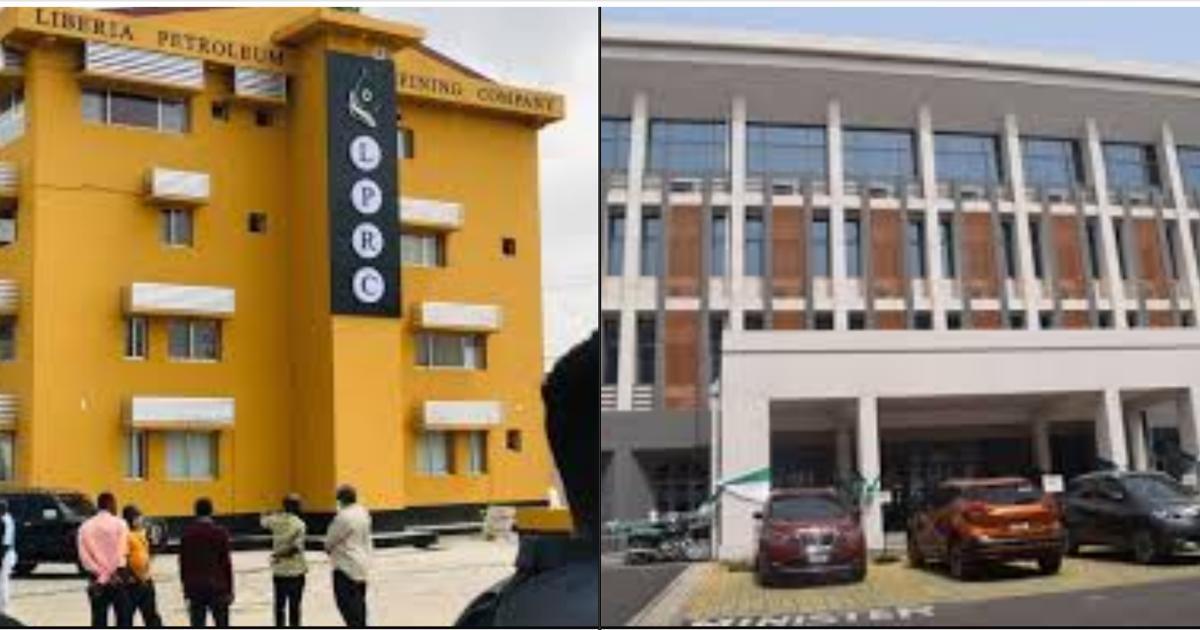Africa-Press – Liberia. The Liberia Petroleum Refining Company (LPRC), in collaboration with the Ministry of Commerce and Industry (MOCI), has announced a fresh upward adjustment in the ceiling prices for gasoline and diesel fuel on the Liberian market, effective Friday, June 6, 2025.
According to an official circular issued by the Ministry, the adjustments reflect prevailing international market conditions and recent importation costs, with the aim of aligning local retail pump prices with current global oil prices.
As part of the new pricing structure, gasoline (PMS) will now retail at US$4.04 per gallon, or L$800.00. This reflects an increase of eight United States cents (US$0.08) per gallon. Fuel Oil (AGO), commonly referred to as diesel, will now retail at US$4.31 per gallon, or L$855.00, showing an increase of five United States cents (US$0.05) per gallon.
The wholesale prices have also been adjusted accordingly. Gasoline (PMS) will be sold wholesale at US$3.76, while Fuel Oil (AGO) will be sold wholesale at US$4.03.
The circular states that these adjustments are based on the Central Bank of Liberia’s exchange rate of L$198.00 to US$1.00, as published on June 2, 2025.
LPRC emphasized that the newly approved ceiling prices are legally binding, and any fuel marketer or service station operator found selling above the stipulated prices will face penalties.
“The LPRC and MOCI Inspectorate Team will rigorously monitor these approved ceiling prices to prevent unauthorized price increases on the local market,” the circular reads.
It further assured that the government remains committed to promoting fair competition, curbing price undercutting, and ensuring market stability, all while protecting consumers from price gouging in an already strained economic climate.
The upward revision comes at a time when Liberians are grappling with inflationary pressures and rising costs of living. Fuel prices are known to have ripple effects on transportation, food prices, and general goods and services.
“This increase, while marginal, could have significant consequences for transport fares and commodity prices in the short term,” said economic analyst Rufus Jallah. “It’s important for the government to follow through with monitoring to avoid price exploitation.”
Transport unions and civil society organizations have previously called for greater transparency in fuel price settings, urging the government to shield vulnerable consumers from the volatility of global oil markets.
Some members of the public are already expressing concern over the timing of the increase, with many pointing out the cumulative impact of multiple hikes in recent months.
“We understand global oil prices are rising, but the ordinary market woman and commercial driver are feeling the pinch every day,” said Ruth Kollie, a petty trader in Duala Market. “We hope the government will consider some form of subsidy or long-term strategy to reduce dependency on imported petroleum.”
Despite the concerns, LPRC insists that the decision is a necessary step to ensure sustained supply and avoid shortages.
As the country adjusts to the new fuel prices, the LPRC and Commerce Ministry have vowed to remain vigilant and responsive to market dynamics. Meanwhile, consumers are urged to report any violations of the official pricing to the Ministry’s enforcement division.
For More News And Analysis About Liberia Follow Africa-Press






